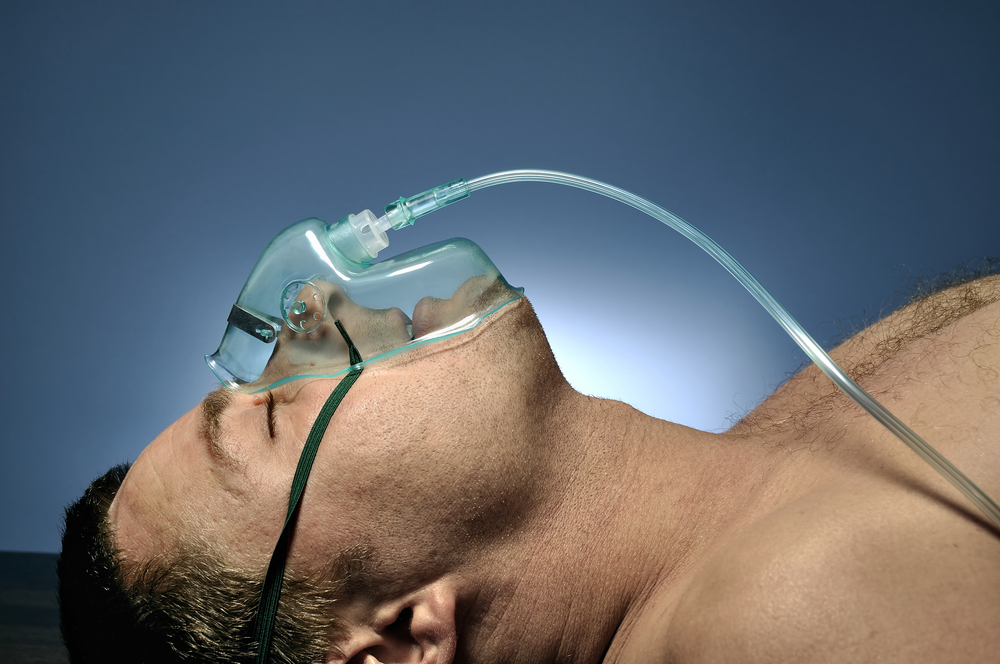Anesthesia-Related Memory Loss Lasts Days, Study Warns

People who are put under general anesthesia may wind up with memory and cognitive deficits for days or weeks after surgery. But now, a new study in mice reveals a possible way to reverse the ill effects of anesthesia drugs on memory.
In the study, scientists gave mice a common anesthetic, and found the drug caused memory impairments that lasted up to a week. But when they gave the mice another drug, after the anesthetic, the memory effects were reversed, the researchers say.
The findings suggest that doctors should tell their patients that anesthesia may affect their memory, said Dr. Beverly Orser, a professor of anesthesiology at the University of Toronto, in Canada, co-author of the study published today (Nov. 3) in The Journal of Clinical Investigation.
"It's assumed that once the drugs are eliminated, our memories are going to go back to normal," Orser told Live Science. "But when we test patients before and after a surgical procedure, a large number exhibit deficits in memory performance." [10 Ways to Keep Your Mind Sharp ]
Patients shouldn't avoid undergoing necessary surgical procedures, but should be aware of the anesthetic's potential effects, said Orser, who is a practicing anesthesiologist at Sunnybrook Health Science Centre in Toronto. "Everything's a balanced risk," she said.
Anesthesia amnesia
About 37 percent of young adults and 41 percent of elderly patients who undergo surgery with anesthesia still have cognitive deficits when they're discharged from the hospital, studies suggest. And for 6 percent of young adults and 13 percent of elderly adults, the problems persist about three months later.
Sign up for the Live Science daily newsletter now
Get the world’s most fascinating discoveries delivered straight to your inbox.
"We all have stories where Grandma was never quite right after surgery," Orser said.
Orser and her colleagues set out to measure how one common anesthetic affected memory in mice, as a model for humans. In mice, the researchers could study the effects of anesthesia without doing surgery, which would be unethical in humans, Orser said.
In one experiment, the researchers gave mice a low dose of the common anesthetic called etomidate, which works by binding to receptors on an animal's brain cells called GABAARs.
When the anesthesia wore off, Orser and her team tested the mice's memory with an examination that Orser called the "little red sports car test."
Like humans, mice crave novelty. The researchers put the mice in an enclosure with two different objects, which the animals could explore. They then put the mice in an environment where one of the two objects was familiar, while the other was new. If the mice remembered the familiar object, they would spend more time around the novel one.
The old seems new again
After receiving the anesthetic, the mice spent roughly equal time around the familiar and the novel objects, suggesting their memory of the object was impaired. What's more, these memory deficits lasted up to a week, Orser said.
In previous studies, the researchers found that mice that were given an electric shock in a certain environment would not act afraid of the environment if they had been given the anesthetic drug, Orser said.
But the researchers also found the memory effects appeared to be reversible. When the researchers gave the mice a drug that blocked the receptors targeted by the anesthetic, the animals performed as well in the novelty task as did animals that had not received any anesthetic.
While such drugs may be years away from being used in humans, they show promise for minimizing the cognitive effects of anesthesia, Orser said.
Follow Tanya Lewis on Twitter and Google+. Follow us @livescience, Facebook & Google+. Original article on Live Science.











